Home »
Misc »
How many medals does basketball count for
How many medals does basketball count for
Olympic Success - when 24 athletes = 1 medal
Published April 11, 2010
One of the goals of Canada’s Own the Podium funding program was to ‘Place first in the total medal count at the 2010 Olympic Winter Games’. Canada received some criticism for baldly stating that goal. But it is common for host countries to increase their sport funding in advance of the Olympic Games. It is also common for host countries to tailor their sport development programs toward increasing their medal count.
For example, before the 2008 Summer Olympics in Beijing, the Chinese government created ‘Project 119’ which was named after the number of Olympic gold medals available in certain sports. China recognized that there were a high number of gold medals available in Track and Field, Swimming, Rowing, Canoe/Kayak, and Sailing. In order to ‘win’ the Olympics that they were hosting, China focused its sport development programs (and funding) on those targeted sports. The strategy seemed to work – as China finished with more gold medals than any other country.![]() The United Kingdom recently announced medal targets for 2012 as part of their Mission 2012 strategy.
The United Kingdom recently announced medal targets for 2012 as part of their Mission 2012 strategy.
China believed that they ‘won’ the 2008 Summer Olympics because they finished with 51 gold medals compared to the USA’s 36 gold medals. But the USA also claimed victory because they finished with more total medals than China (110 to 100). Who is right? Outside of North America, nations consider gold medals to be ‘worth more’ than other medals and arrange medal standings to reflect this approach.
Other approaches to determining Olympic success include adjusting for national population, adjusting for GDP, or even eliminating the judged events.
The current approach to counting medals rewards individual sport athletes rather than team sport athletes. One individual athlete may even participate in eight events (Michael Phelps – Swimming) and contribute to the total medal count eight times. It is no surprise that China decided to ‘target’ swimming as one of the sports to increase funding – there is simply more opportunity for success at the Olympic level. A well-funded swimmer could potentially add eight gold medals for the total. But to win a single gold medal in a team sport, like basketball (a roster of 12), funding has to be extended to multiple athletes.
A well-funded swimmer could potentially add eight gold medals for the total. But to win a single gold medal in a team sport, like basketball (a roster of 12), funding has to be extended to multiple athletes.
- Individual (Swimming): Cost x 1 = 8
- Team (Basketball): Cost x 12 = 1
Further, most individual sports allow multiple entrants. A country could potentially fund four Phelps-like male swimmers, and enter seven individual men’s swimming events (winning gold, silver, and bronze) along with placing in one of the four-man swimming relays. With just those four swimmers, a country could participate in eight swimming events, and win 22 medals.
If we combine the men’s and women’s swimming events, there are 90 possible medals that can be achieved by success in the sport. Ice hockey has 2 possible medals.
In another sport, diving, there are 24 available medals for athletes. Again, since athletes can participate in multiple diving events, only a minimum of six athletes would be required to completely sweep all of the diving events and obtain all 24 medals.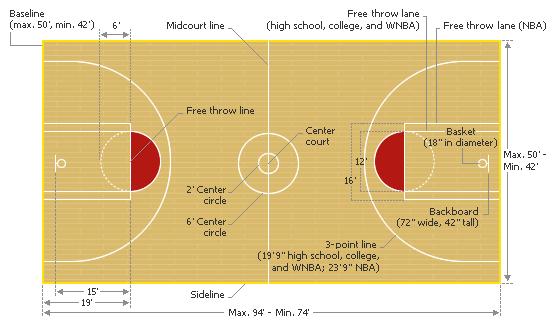
If Sport Canada wanted to achieve ‘medal standing’ Olympic success – then pouring funding into Diving Plongeon Canada would be a good start. Luckily (hopefully?), Sport Canada realizes that success in sport is not completely measured by total Olympic medal counts.
But with such a heavy emphasis on medal count and the promotion of medal standings as an indicator of Olympic success, team sport has inevitably become less of a focus for national funding and sport development. However, countries ignore team sport at their own peril. A 2010 report revealed, among other findings, that most athletes begin their sport careers in a team sport. Further, participating in a team sport teaches athletes positive personal characteristics (like leadership, conflict resolution, and sportsmanship) that contribute to overall athlete well-being.
How can we recognize Olympic success without marginalizing team sport athletes?
One solution would be to count the actual number of medals that went home with athletes. Winning in a team sport, like men’s hockey, would count 24 medals toward the total (one medal for each athlete on the roster) instead of the current 1 medal. Multi-sport athletes would still be valuable – Michael Phelps would still count 8 medals – but these athletes’ successes would not diminish a successful team effort.
Winning in a team sport, like men’s hockey, would count 24 medals toward the total (one medal for each athlete on the roster) instead of the current 1 medal. Multi-sport athletes would still be valuable – Michael Phelps would still count 8 medals – but these athletes’ successes would not diminish a successful team effort.
Check out OTP Charts for a breakdown of the 2006 medal standings if we counted the actual number of medals that went home with athletes after the Turin Olympic Winter Games. The 2010 numbers from Vancouver are similar – but with the USA on top with 96 medals going home to athletes, Canada with 91 medals, and Germany with 54 medals.
Originally published: Centre for Sport and Law Newsletter (2010) Vol. 6(2)
Recent Posts
Re-Imagining Sport: Part 3
Read more
Beyond Binary World Views: How embracing polarities helps leaders deal more effectively with complexity - Part 2
Read more
Beyond Binary World Views: How embracing polarities helps leaders deal more effectively with complexity - Part 1
Read more
Accessing Our Zones of Genius
Read more
Case Law Update: Delay in Administrative Proceedings
Read more
Categories
AllCommunications EDI Equity General Governance Inclusion Inclusive Integral Coaching Leadership Legal Planning Standard Strategic
search
An Olympic basketball title should count as 12 golds in medal standings.
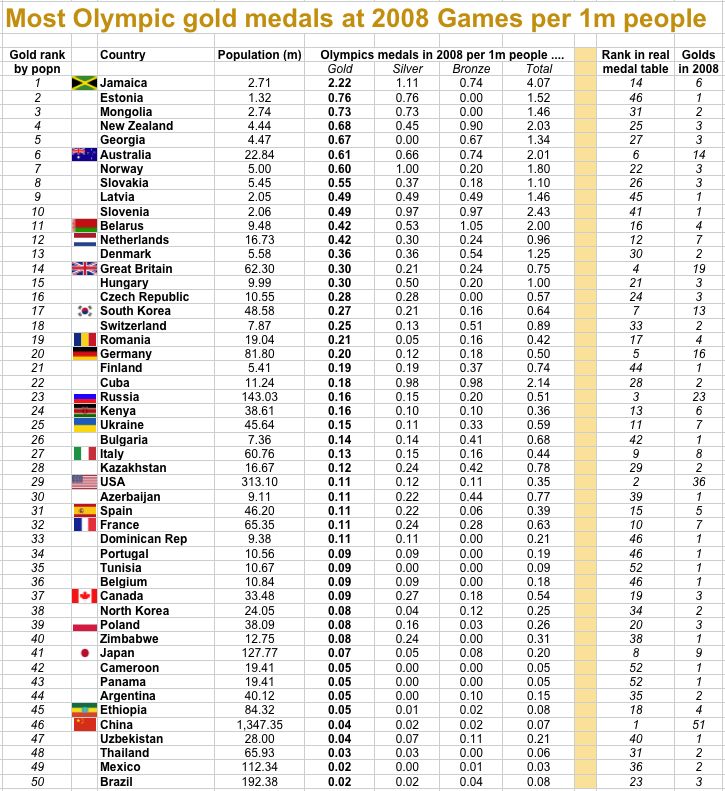
Let me tell you why
Because the consolation game in their sport was scheduled for hours after the USA Basketball men’s national team defeated France in the final, Kevin Durant and friends all had to wait a while before they could stand on the podium and hear the anthem played. It seemed hardly worth the effort when each was presented a tray to select a slice of metal representing roughly 8.3 percent of the single gold medal they’d won for the United States at the Tokyo Olympics. It was a shade embarrassing when they began arguing among themselves about which was worthy of receiving the end cut.
Yeah, that’s not what happened.
That’s not how it works at the Olympics, never has been.
So why is the world still keeping score that way?
So many have come to believe the RBI is a vacant statistic, but it’s Einstein’s theory of relativity compared to the Olympic medal standings. They’re ridiculous.
DECOURCY: Lillard stepped back so Team USA could go forward and win gold
Instead, each U.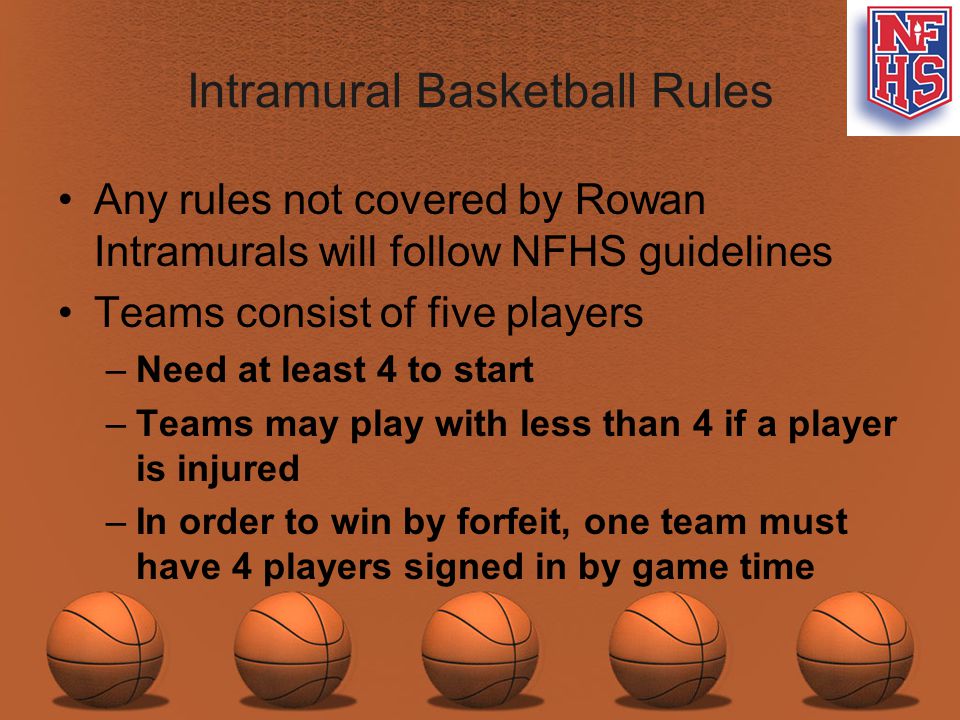 S. men’s basketball player was able to select from a pile of a dozen gold medals and, like many winning teams, the U.S. men chose to place the medal around the neck of the adjacent teammate. Like their counterparts from the women’s basketball team, they left the Olympics with 12 gold medals. Not one. But in the medal counts widely distributed through the media, though, that is counted as one basketball gold for each gender.
S. men’s basketball player was able to select from a pile of a dozen gold medals and, like many winning teams, the U.S. men chose to place the medal around the neck of the adjacent teammate. Like their counterparts from the women’s basketball team, they left the Olympics with 12 gold medals. Not one. But in the medal counts widely distributed through the media, though, that is counted as one basketball gold for each gender.
One would think nearly two decades after “Moneyball” revolutionized how statistics are processed in sports, with analytics becoming one of the most important aspects of how nearly all athletic competitors pursue achievement, the Olympic medal counts should present a more accurate picture of the various competitions that took place over 19 days in Tokyo.
I’m no statistical genius. One of my favorite aspects of the Journalism & Communications major at Point Park University was the absence of a math requirement. But I can recognize when a basic set of numbers is telling a lie about sports.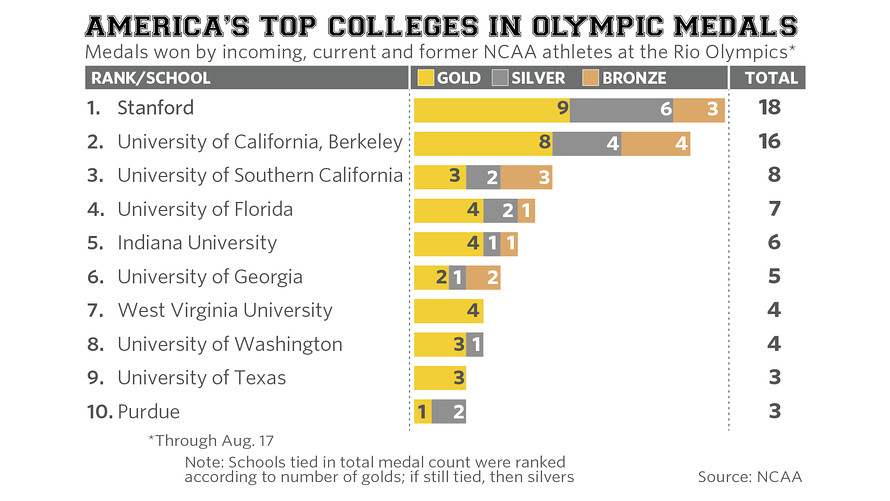 That is why, in 2008, I invented the DeCourcy Podium Count (DPC).
That is why, in 2008, I invented the DeCourcy Podium Count (DPC).
Why is it called that? Well, it was my idea. You’ve got the Pomeroy College Basketball Ratings, named after creator Ken Pomeroy. You’ve got the Beyer Speed Figures, named after Andrew Beyer, the longtime horse racing writer for the Washington Post. If someone wanted to borrow my idea and call it something else, I’d be fine with that so long as it became the standard by which the performance of nations at each edition of the Olympic Games are judged. I’m magnanimous that way.
The United States is listed in the medal count at Olympics.com as having accumulated 39 gold medals and 113 total medals, ahead of runner-up China in both categories (38 golds, 88 total). This is not even close to correct.
The DeCourcy Podium Count factors in how any athletes participated in each victory — specifically, how many were standing on the Olympic podium during the ceremony that followed each result. Using this more accurate accounting, the United States accumulated 99 gold medals and 252 total medals. China ended with 51 golds and 127 total medals). Host country Japan, in part because of its victories in softball and baseball actually outperformed China, winning 63 gold medals and 124 total.
China ended with 51 golds and 127 total medals). Host country Japan, in part because of its victories in softball and baseball actually outperformed China, winning 63 gold medals and 124 total.
It never has been reasonable to count as equivalent one gymnast doing two 90-second routines — qualifying and final — to 12 basketball players cooperating in six basketball games that last 40 minutes each. That is not to say that one sport is superior to another. It is to say that if one carves up its competition in a variety of ways and declares five individuals and one four-person team as winners, and another arranges its competition so that one 12-person team is the champion, then the one sport has minted nine gold-medal winners and the other 12.
It’s basic logic.
Oddly, the truth of the DPC is reflected in how the Olympic results are discussed. No one said about U.S. women’s basketball players Diana Taurasi and Sue Bird that each now has 41.67 percent of a full gold medal after playing for the winning team at five consecutive Games.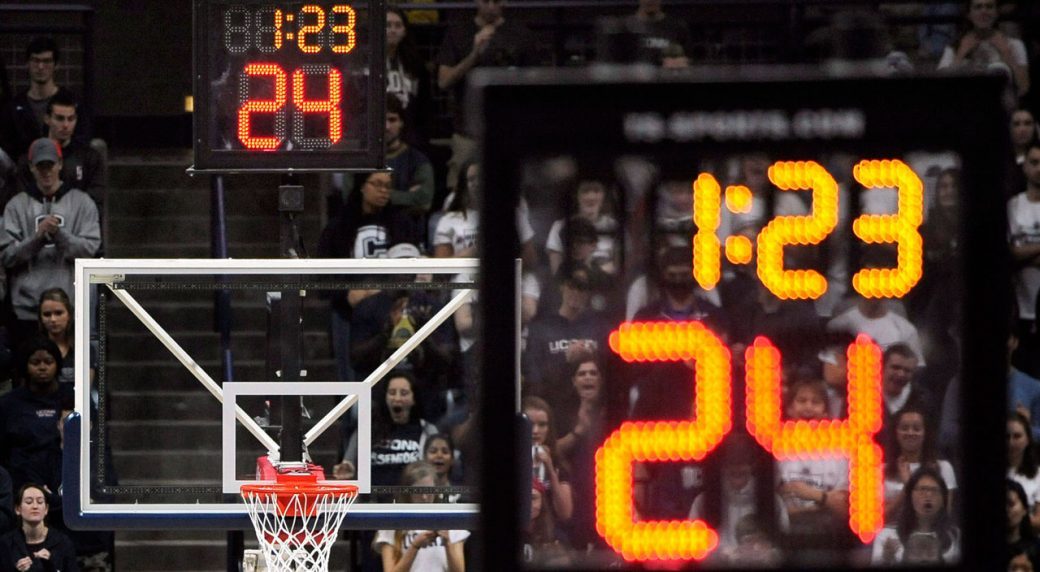 No, each was described as having won five gold medals in her career, dating all the way back to the Athens games in 2004.
No, each was described as having won five gold medals in her career, dating all the way back to the Athens games in 2004.
Two legends of the game 🐐🐐 @S10Bird @DianaTaurasi pic.twitter.com/rqaHiYw3md
— Sporting News (@sportingnews) August 8, 2021
But when the final golds were awarded, the U.S. was described in media outlets from coast to coast as having edged China in the race for most gold medals.
In fact, it never was close, even though the U.S. success rate declined, for a second consecutive Olympiad. In Rio five years ago, the U.S. won 118 gold medals. The Americans were far off that figure in Tokyo, even if they could be described by DPC numbers as having dominated the competition overall.
It’s important to tell the truth in journalism. That’s why it’s long past time for the medal count to be replaced by the DeCourcy Podium Count. We all conquered third-grade math years ago.
2020 | Basketball: everything you need to know about the Olympic tournament whose history has preserved both the name of the inventor and the exact date of birth.

The game, the meaning of which is to throw the ball into baskets suspended on special structures, was invented in 1892 by a Canadian school teacher
James Naismith .
Basketball entered the official program of the Olympic Games in 1936 in Berlin, although it was present at the 1904 Games as a demonstration discipline. The first Olympic women's basketball tournament was held in 1976 in Montreal.
Schedule and dates
July 25 - August 8. Full schedule here.
The basketball tournament is traditionally one of the longest at the Olympics. It will begin the day after the opening ceremony, with the final match of the women's tournament taking place in Tokyo on the closing day of the Games.
Medal sets: 2
Competitions: Men's and Women's Basketball Tournament
Arena
The Olympic men's and women's basketball tournaments will be held at Saitama Super Arena, located in the suburbs of Tokyo, with a capacity of 21,000 spectators. One of the most modern sports arenas in Japan has already hosted many of the largest sports events - in particular, the world championships in basketball and figure skating.
One of the most modern sports arenas in Japan has already hosted many of the largest sports events - in particular, the world championships in basketball and figure skating.
Tournament rules and structure
Basketball is played by two teams, each of which can have five players on the court at the same time. The goal of the game is to throw the ball into the opponent's ring, which is at a height of 305 centimeters. Accurate throws have different values: one point is awarded to a team for hitting without resistance from the free throw line after an opponent foul, two points for hitting a field goal, three points for hitting a field goal from a long distance (from behind an arc located at a distance 675 centimeters from the ring). The size of the court in this sport is 28 by 15 meters. A basketball match consists of 4 periods of 10 minutes. In case of a draw in regular time, an additional period of 5 minutes is assigned to determine the winner.
12 teams each will compete in the Tokyo Olympics for men and women, and the formula for the men's and women's tournaments is the same.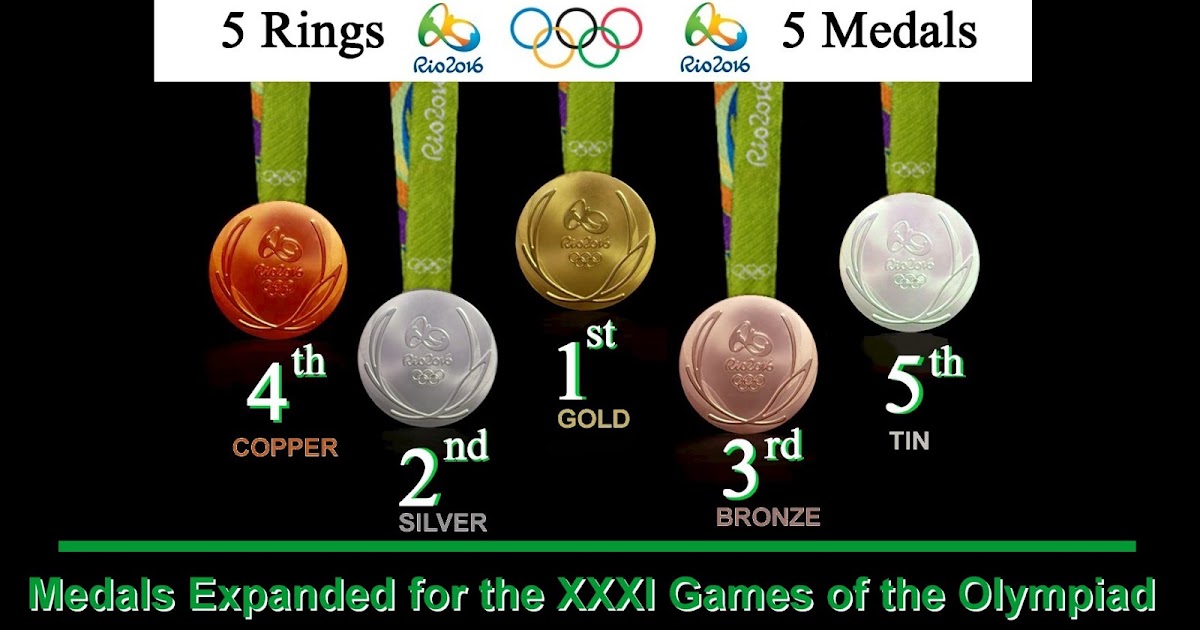 At the preliminary stage, the teams are divided into three groups of four teams, and according to the results of round-robin tournaments in groups of two best teams and two more best third-placed teams advance to the playoffs. Quarter-final pairs and the entire playoff bracket will be based on the ranking of teams based on the results of group tournaments.
At the preliminary stage, the teams are divided into three groups of four teams, and according to the results of round-robin tournaments in groups of two best teams and two more best third-placed teams advance to the playoffs. Quarter-final pairs and the entire playoff bracket will be based on the ranking of teams based on the results of group tournaments.
The success of the Russians and who to follow in Tokyo
In the entire history, the Russian team has only once been able to win Olympic medals - this happened in 2012 in London, when the Russian team became the third. But the basketball players of the USSR national team under the guidance of legendary coaches won the gold of the Olympics twice: in 1972 in Munich, the team Vladimir Kondrashin won the legendary final against the US team with the famous decisive hit Alexander Belov in the last second of the game, and in 1988 in Seoul the gold medals were won by the USSR national team, led by Alexander Gomelsky .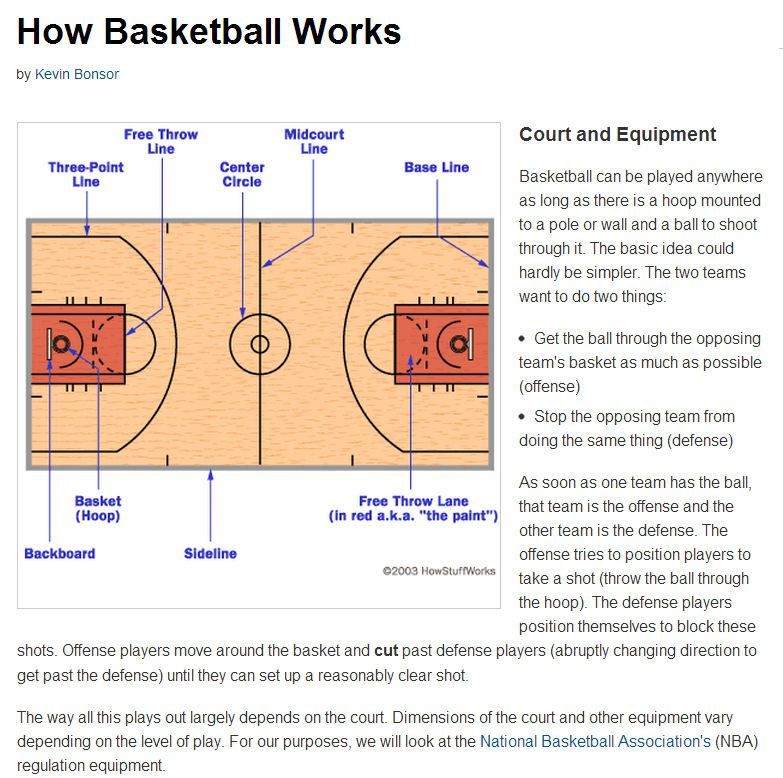 In addition, the Soviet team won silver medals at the Olympics four times and bronze three times.
In addition, the Soviet team won silver medals at the Olympics four times and bronze three times.
In the women's tournament, the basketball players of the Russian national team twice climbed the Olympic podium, in 2004 and in 2008 winning bronze medals. Their predecessors, as well as in men's competitions, have more significant achievements, and they have three victories at the Olympics. In 1976 in Montreal and in 1980 in Moscow, the USSR team won the first two women's Olympic tournaments in history, and in 19In 1992, in Barcelona, the team that competed at those Games under the name "CIS United Team" won gold. Also in the asset of the women's team of the USSR, the bronze of the Olympics in Seoul in 1988.
There will be no ROC basketball teams at the 2020 Olympic Games in Tokyo: neither men nor women could qualify for the main start of the four-year period.
Traditionally, at the Olympic Games of the last decades, the performance of the US team is of particular interest. Since 1992, when the best players in the world from the National Basketball Association were allowed to play in the Olympic competitions, the American Dream Team (“dream team”) has only once been left without Olympic gold - in 2004, the Argentine team won a sensational victory in Athens. The US team will also be a clear favorite of the Olympics at the Tokyo Games, where the next version of the Dream Team will perform, led by forward Kevin Durant .
Since 1992, when the best players in the world from the National Basketball Association were allowed to play in the Olympic competitions, the American Dream Team (“dream team”) has only once been left without Olympic gold - in 2004, the Argentine team won a sensational victory in Athens. The US team will also be a clear favorite of the Olympics at the Tokyo Games, where the next version of the Dream Team will perform, led by forward Kevin Durant .
In the women's Olympic basketball tournament, the historical list of teams that have become Olympic champions is quite short. In addition to the already mentioned victories of the basketball players of the USSR and the Joint Team of the CIS, only one team won the gold of the Games - the US team. She has won eight Olympics, including all five previous Olympic tournaments. The chances of the US women's team to win another victory in Tokyo are very high, and only the Australians and four European teams selected for the Games - France, Spain, Belgium and Serbia - can compete with them in Tokyo.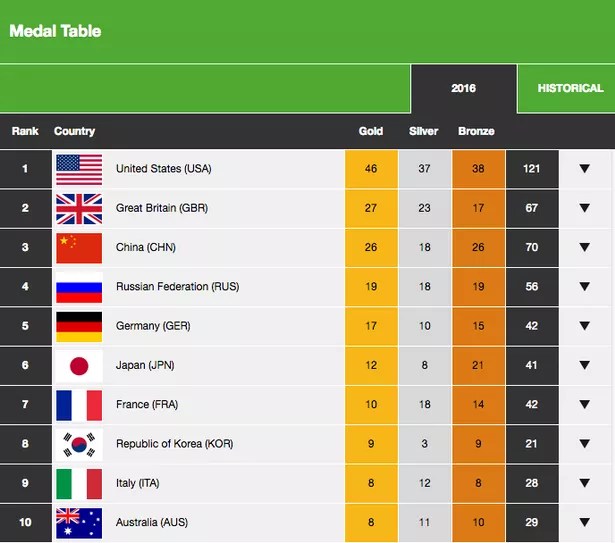
Add this to your favoritesBasketball
More from
You May Like
Team USA Basketball Wins Fourth consecutive Olympic Gold
7 August 2021, 04:25
XXXII Summer Olympic Games
7 TOKYO 9000 /TASS/. The US men's basketball team defeated France 87-82 in the Tokyo Olympics final.
Teams USA and France competed in Group A. At the group stage, the French won with a score of 83:76. The Russian team did not participate in the tournament.
Team USA won Olympic gold medals for the fourth time in a row (2008, 2012, 2016, 2021). The French team reached the final of the Olympics for the first time since 2000. Then the French won the silver medal, losing in the final to the Americans.
The Americans won their 32nd gold medal and are second in the medal standings. Also on account of the US team 36 silver and 32 bronze medals. In total, the American team now has 100 medals. The Chinese are in first place (37-27-17), the third - the Japanese (24-11-16), the fourth - the British (18-20-20).